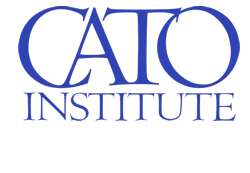Philip G. Hoxie
Philip G. Hoxie
When it comes to trade, other countries are quite literally sending us their best. As I discussed in my recent essay, the costs of shipping goods from country to country means that higher value goods from more productive firms are more likely to be traded. This is called selection into trade, an idea pioneered by economist Mark Melitz.
Selection into trade arises because when a good is traded from an exporting country to an importing country, the consumer in the importing country pays both the cost of producing the good plus the cost of transporting the good. If producing firms in the exporting country have differing productivities, then it is the firms that can produce a good the most efficiently that will trade because their products can compete in the destination countries even after paying the transportation costs.
In terms of agriculture, this means that the US tends to export crops that benefit from the scale economies enjoyed by US farms, such as soybeans, corn, and cotton. However, the US imports crops that farms in other countries have a productivity advantage in producing. Some examples include avocados, off-season fruit, and coffee.
Moreover, as the US gets richer it can buy more specialty products that other countries produce better, such as scotch from the United Kingdom or tequila from Mexico. The US can make whiskey and tequila, but distilleries in both the UK and Mexico produce more efficiently than US distilleries. This means that, at the same quality, a bottle of tequila produced in Mexico will be cheaper than a bottle produced in the US before transportation costs. When the bottle of alcohol is purchased in the US, the total price will include the transportation and production costs, and it will be competitive with similar quality US products (side-stepping the issue of what can be called “scotch”). » Read More
https://www.cato.org/blog/us-food-trade-deficit-nothing-fear






